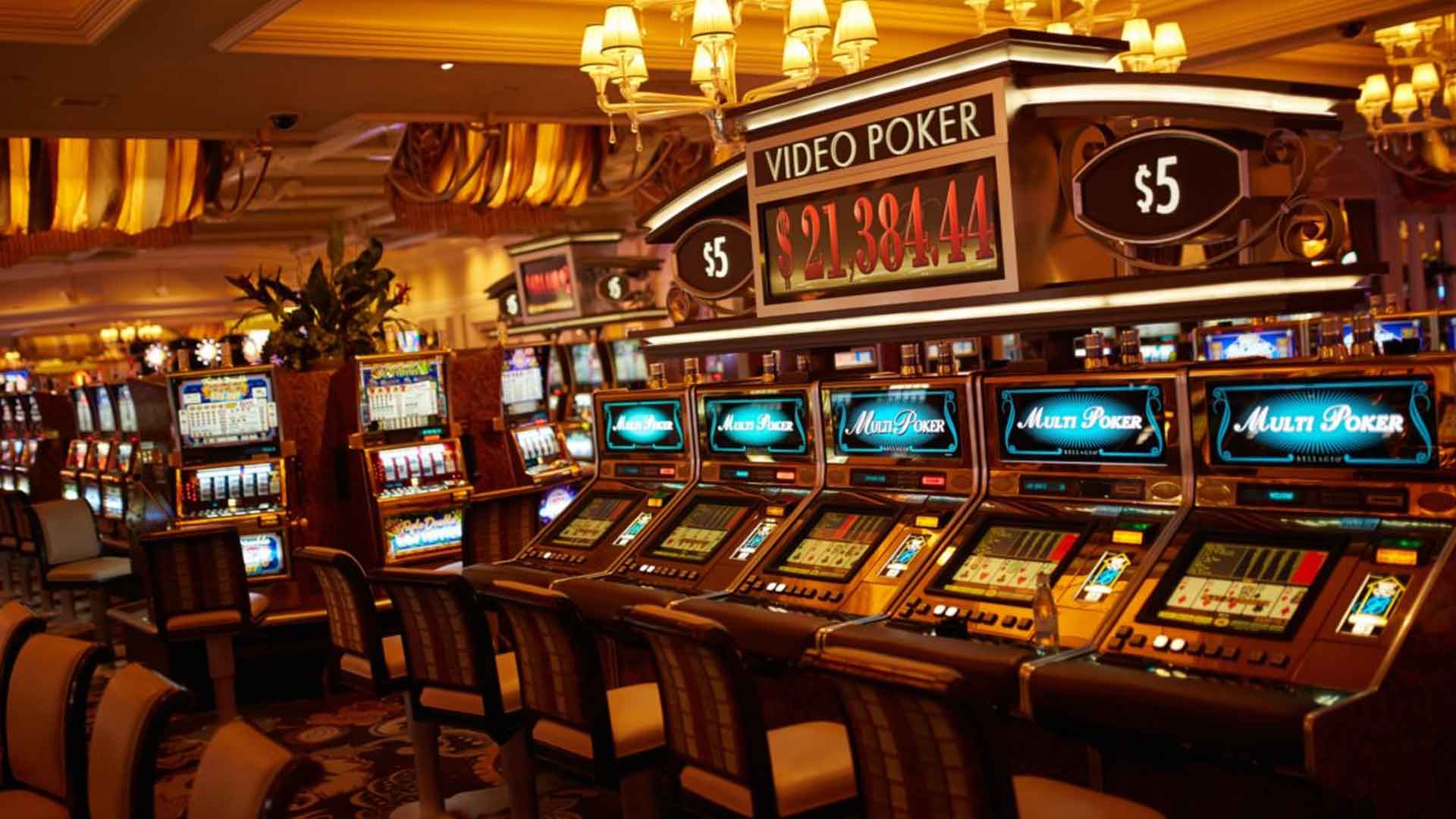The Global Impact of Gambling Tourism

The Global Impact of Gambling Tourism
From the glittering lights of the Las Vegas Strip to the opulent casinos of Macau, gambling tourism has evolved from a niche travel segment into a global economic powerhouse. It is a multi-billion-dollar industry that profoundly shapes the economies, cultures, and landscapes of its host destinations. More than just placing bets, gambling tourism encompasses a holistic experience that includes luxury accommodation, world-class entertainment, fine dining, and high-end shopping. This article explores the multifaceted global impact of this dynamic industry, examining its economic benefits, socio-cultural ramifications, and future trajectory.
The Economic Engine of Destinations
The most significant and frequently cited impact of gambling tourism is its immense economic contribution. For many cities and even entire countries, the gaming industry serves as a primary driver of revenue and development.
Job Creation and Revenue Generation
Integrated casino resorts are massive employers. They create a wide spectrum of jobs, from high-skilled positions like casino managers, data analysts, and marketing executives to essential service roles such as dealers, hotel staff, security personnel, and restaurant workers. This direct employment has a ripple effect, stimulating indirect job growth in sectors like construction, food supply, transportation, and local retail. Furthermore, the tax revenue generated from gaming operations is substantial. Governments often earmark these funds for public services, including infrastructure projects, education, and healthcare, creating a direct benefit for the local population.
Infrastructure and Urban Development
The development of a successful gambling hub requires significant investment in infrastructure. To attract international tourists, destinations must build or upgrade airports, roads, and public transport systems. The integrated resorts themselves are often architectural marvels that transform a city's skyline. Cities like Singapore, with its iconic Marina Bay Sands, demonstrate how a single casino resort can become a national landmark, driving not just gambling tourism but general leisure and business travel as well.
Socio-Cultural Ramifications: A Double-Edged Sword
While the economic benefits are clear, the social and cultural impact of gambling tourism is more complex and often debated. The influx of tourists and the establishment of a large-scale gaming industry can bring both positive and negative changes to the local community.
Cultural Exchange vs. Commercialization
On one hand, gambling destinations become melting pots of culture, where locals and tourists interact. This can lead to a vibrant exchange of ideas, cuisines, and traditions. The demand for high-quality entertainment also supports local artists, performers, and cultural events. On the other hand, there is a risk of cultural commodification, where local traditions are commercialized and diluted to appeal to a mass tourist audience. There's a delicate balance between showcasing local culture and preserving its authenticity.
The Challenge of Responsible Gambling
The most pressing social concern associated with gambling is the potential for addiction and related social problems. Host destinations must grapple with the risk of increased problem gambling among their own residents. To mitigate this, successful gambling jurisdictions implement robust responsible gaming programs, including self-exclusion options, funding for addiction treatment centers, and public awareness campaigns. Striking a balance between promoting a profitable industry and protecting vulnerable individuals is a constant challenge for regulators.
The Evolution and Future of Gambling Tourism
The landscape of gambling is constantly evolving, driven by technology and changing consumer preferences. While the allure of a physical casino's immersive experience remains strong, the digital revolution has introduced a new paradigm. Online platforms like m88 msports provide unparalleled convenience and a vast selection of games accessible from anywhere in the world, presenting a different kind of appeal compared to a trip to a casino resort. This digital shift is not necessarily a replacement but a complement to physical tourism.
Looking ahead, the future of gambling tourism will likely involve greater integration of technology and a stronger focus on non-gaming attractions. We can expect to see:
- Emerging Markets: Destinations in Asia and the Middle East are increasingly looking to legalize and develop integrated resorts to diversify their economies.
- Technology Integration: Virtual and augmented reality may be used to enhance the casino experience, while data analytics will further personalize guest services.
- Focus on Entertainment: Future resorts will continue to de-emphasize gambling as the sole attraction, instead promoting themselves as comprehensive entertainment destinations with everything from Michelin-starred restaurants and Broadway shows to esports arenas and massive water parks.
In conclusion, gambling tourism is a powerful force with the ability to trigger rapid economic growth, create thousands of jobs, and fund public development. However, its benefits are intrinsically linked with significant social responsibilities. As the industry continues to expand globally, the key to long-term success will lie in a sustainable and balanced approach that maximizes economic prosperity while diligently safeguarding the social fabric of host communities.